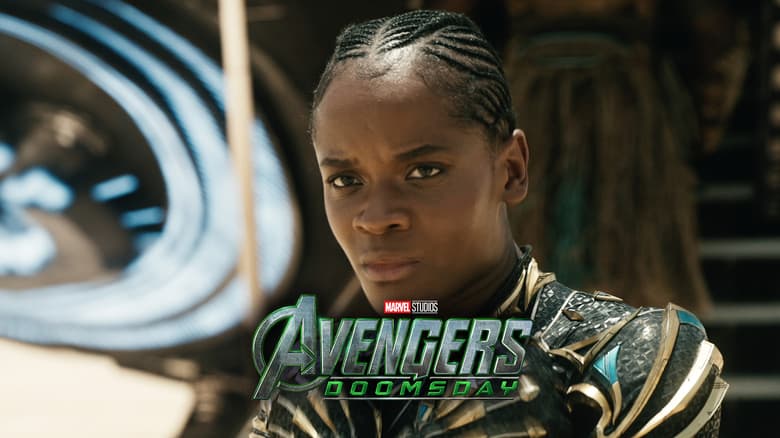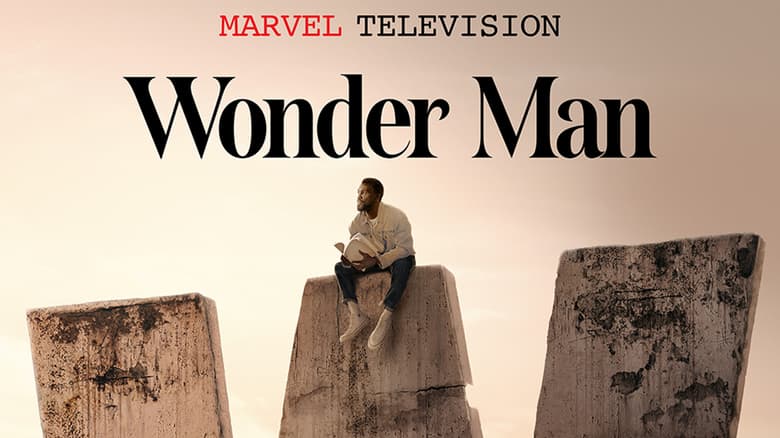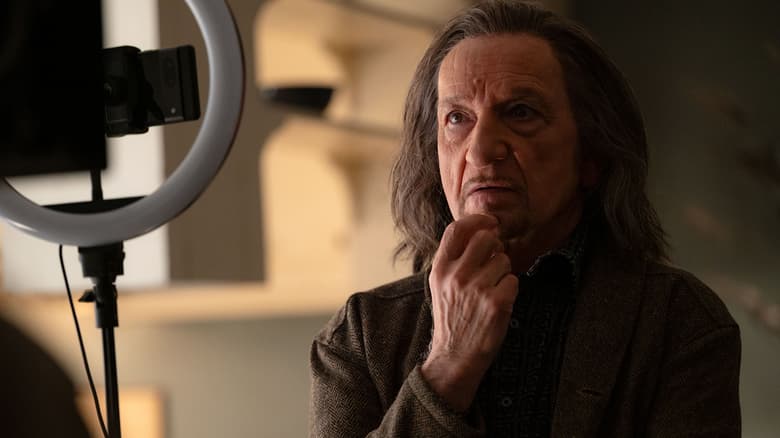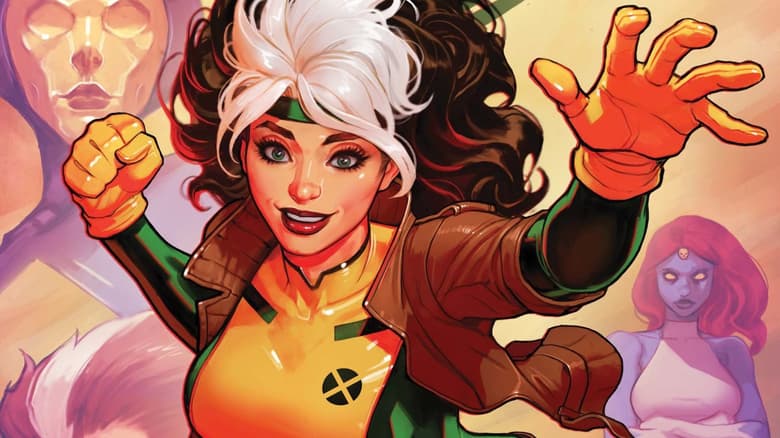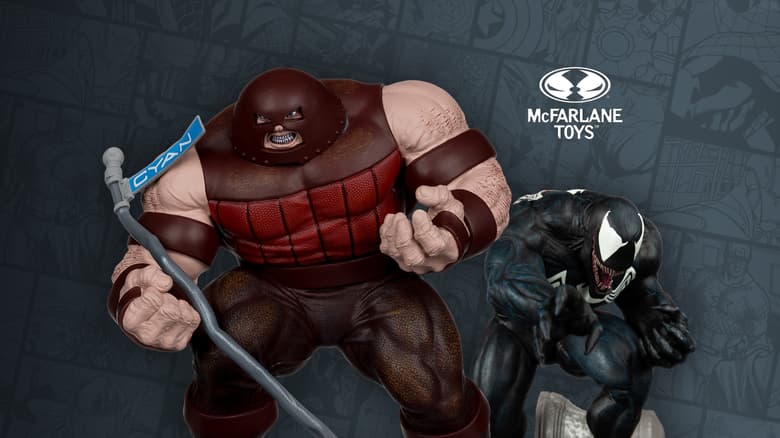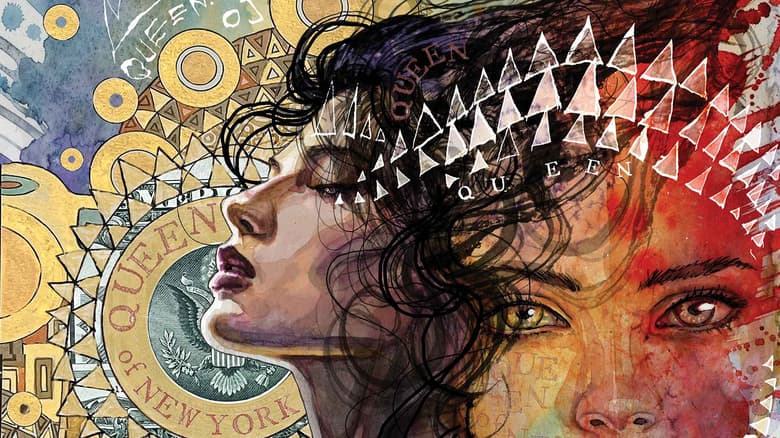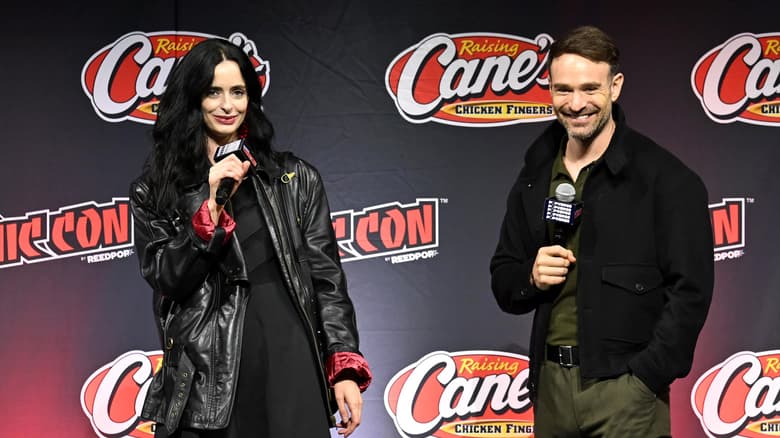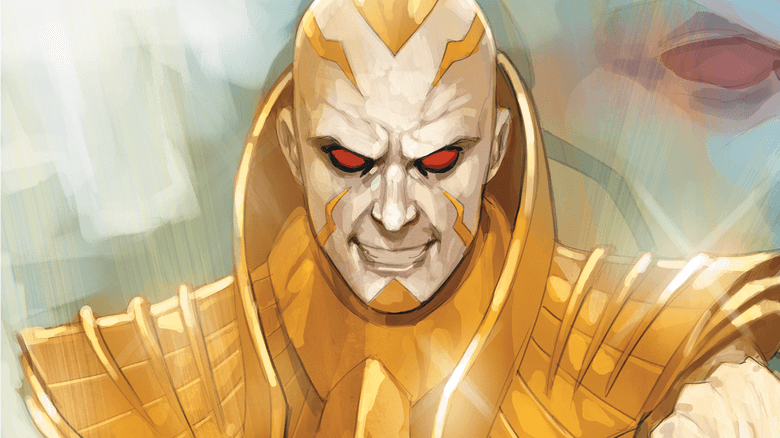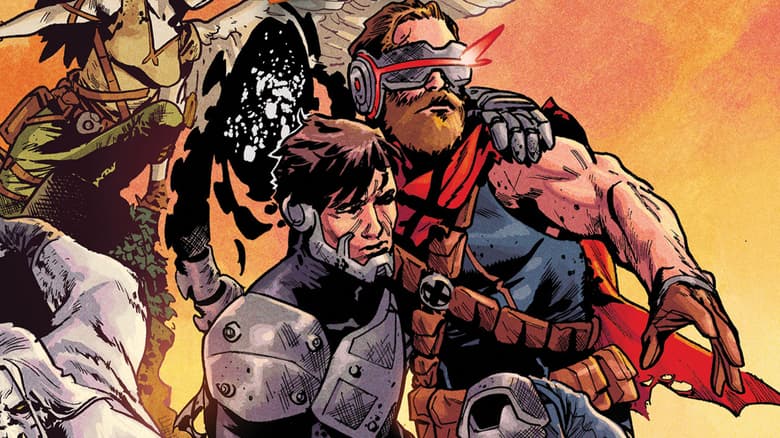‘Marvel’s Jessica Jones’ Season 3: Showrunner Melissa Rosenberg Discusses Closing Jessica’s Final Case
Rosenberg reveals her thoughts on Jessica’s final scene, Trish’s super-powered journey, and what being a hero meant to both of them.
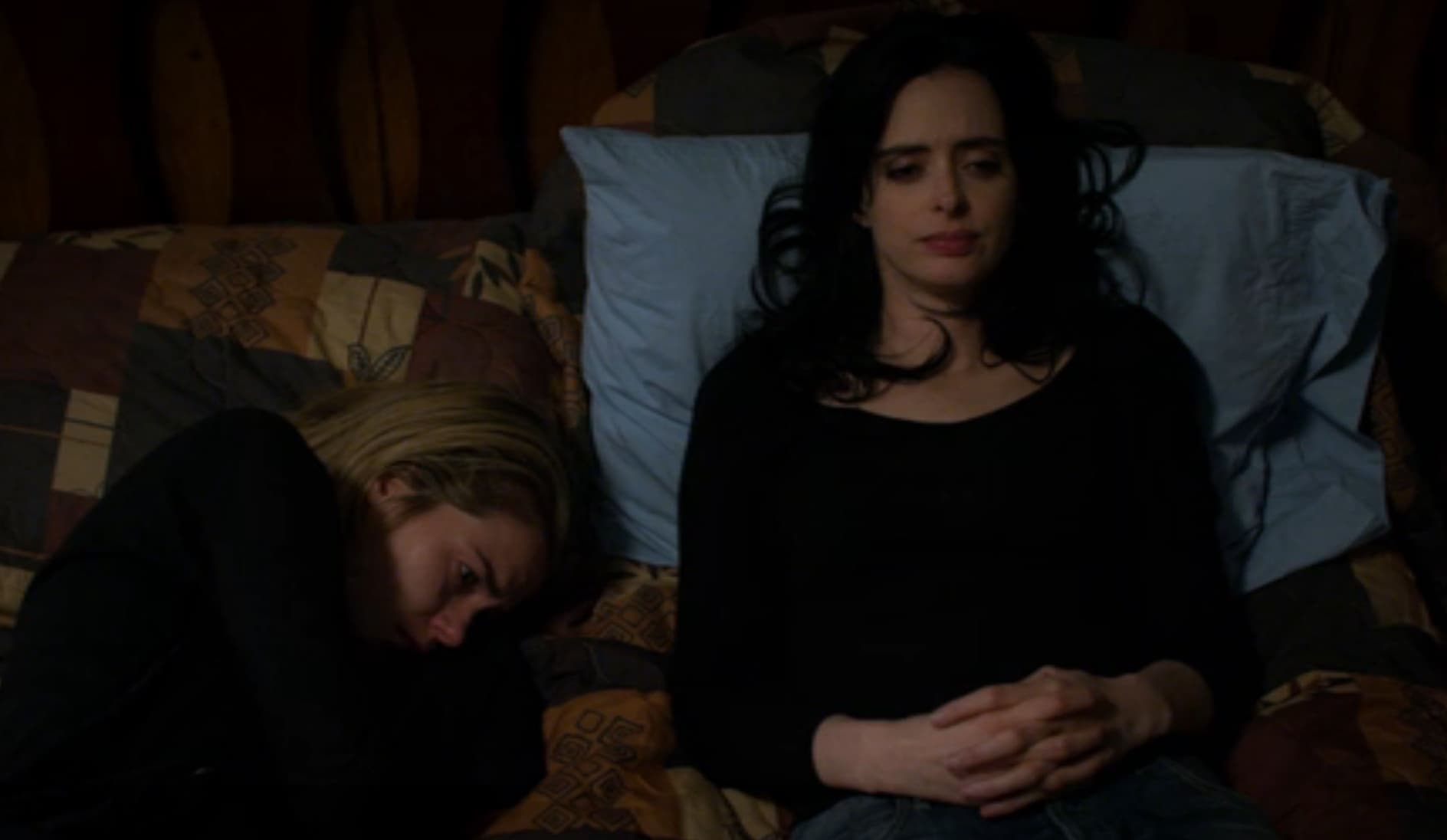
The third and final season of Marvel’s Jessica Jones is in the books after hitting Netflix on June 14. It has been a groundbreaking journey for one of Marvel’s modern heroes, and it ended with Jessica Jones’ final decision on what kind of hero she wants to be – if she wants to be one at all. Marvel.com spoke with showrunner Melissa Rosenberg on the stories of Jessica Jones, Trish Walker, and the other characters in Jessica’s life who made tough choices and personal discoveries.
Be aware that this interview contains spoilers for Marvel’s Jessica Jones Season 3 – so proceed with caution if you haven’t already watched the whole season.
We’ll go ahead and grab a beverage until you come back.
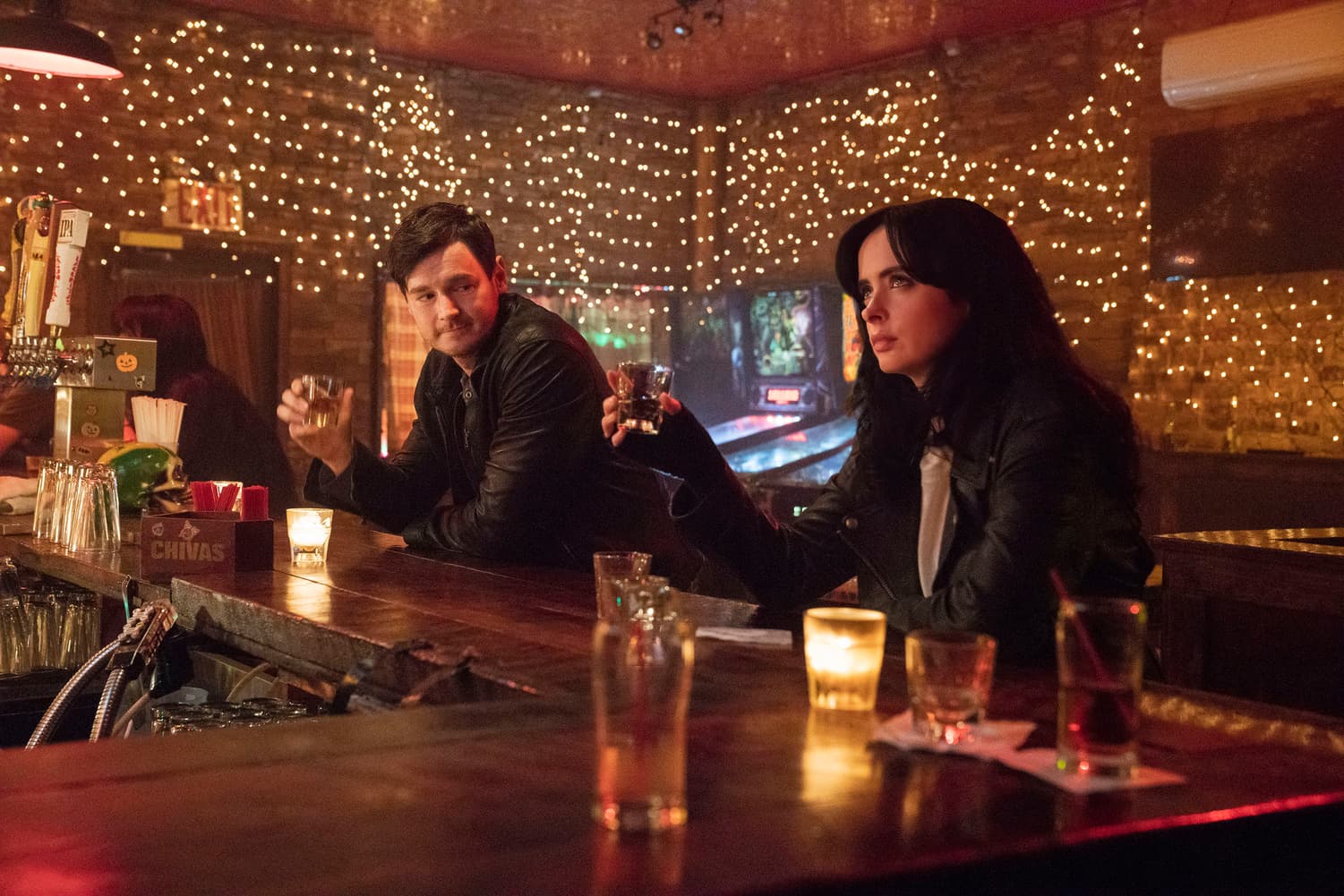
Ready? Okay. Because we’re diving right in.
In her final scene, Jessica Jones (Krysten Ritter) decided to be a hero upon hearing the voice of Kilgrave while she was buying a train ticket to El Paso, even after explicitly saying that being a hero is a “%$!&&$ job.” What is it that you think Jessica realized by the close of this season?
I think that hearing the Kilgrave voice in her mind reminds her of her darker side. Kilgrave really represents the devil on her shoulder, a part of her that’s saying, “You can’t do this. You shouldn’t do this.” By associating her quitting with that part of her, she realizes that she has no interest in being that person. She has fought against becoming that person, and then if she gets on that train to El Paso, she will have permanently embraced being what Kilgrave thought she should be and embraced the worst part of herself. I think that was sort of a rude awakening for her. In the end, she says, “%$#@ it, no way,” and turns around and walks back.
The ability that Erik Gelden (Benjamin Walker) had -- telling bad people from good by getting headaches – never manifested itself around Jessica. Do you think that that helped her realize that whatever she’s doing is okay?
It definitely has because she asks him, “Do you have a headache around me?” and he says no. It does reassure her to the degree that she can be reassured, that she is at least not evil. It helps her to trust herself a little bit more. And watching Trish’s moral compass go off the rails… Trish has been who Jessica has always relied on for a moral compass, so when Trish turns out to really not be a compass at all, Jessica again has to rely on her own compass. That also gives her more confidence in her own judgement.
Trish Walker (Rachael Taylor) was hell-bent on becoming a hero in her own right, and suffice it to say, she did not exactly succeed. She did save a couple of people, but it felt like Trish was always doing what she thought she should be doing because it’ll please other people. She tried so hard to be a hero because she believes people want and need a hero, but what does Trish need and what was she missing?
What I always saw was that Trish is a victim of child abuse. She is someone who has never felt safe in her life. When she met Jessica as a young girl, she saw and experienced what it was to feel at least physically safe and has always craved that. I think people who come from difficult backgrounds like that, you are always living with this low-grade fear or insecurity, and she really sought to at least externally protect herself – her heart, her physical being, her soul, all of that – and I think that’s so much of what drives her. She wants to feel safe. She wants to feel nothing can touch her, and wants that for everybody else. Her need to be a hero is genuine. She doesn’t want anyone to have to experience what she went through, but unfortunately her approach was lacking.
It’s as if Trish can’t do anything not to the extreme, whether she thinks she’s doing the extreme opposite of what she thinks she should be doing or something extremely exactly what she thinks has to be done.
Trish always sees things in black and white.
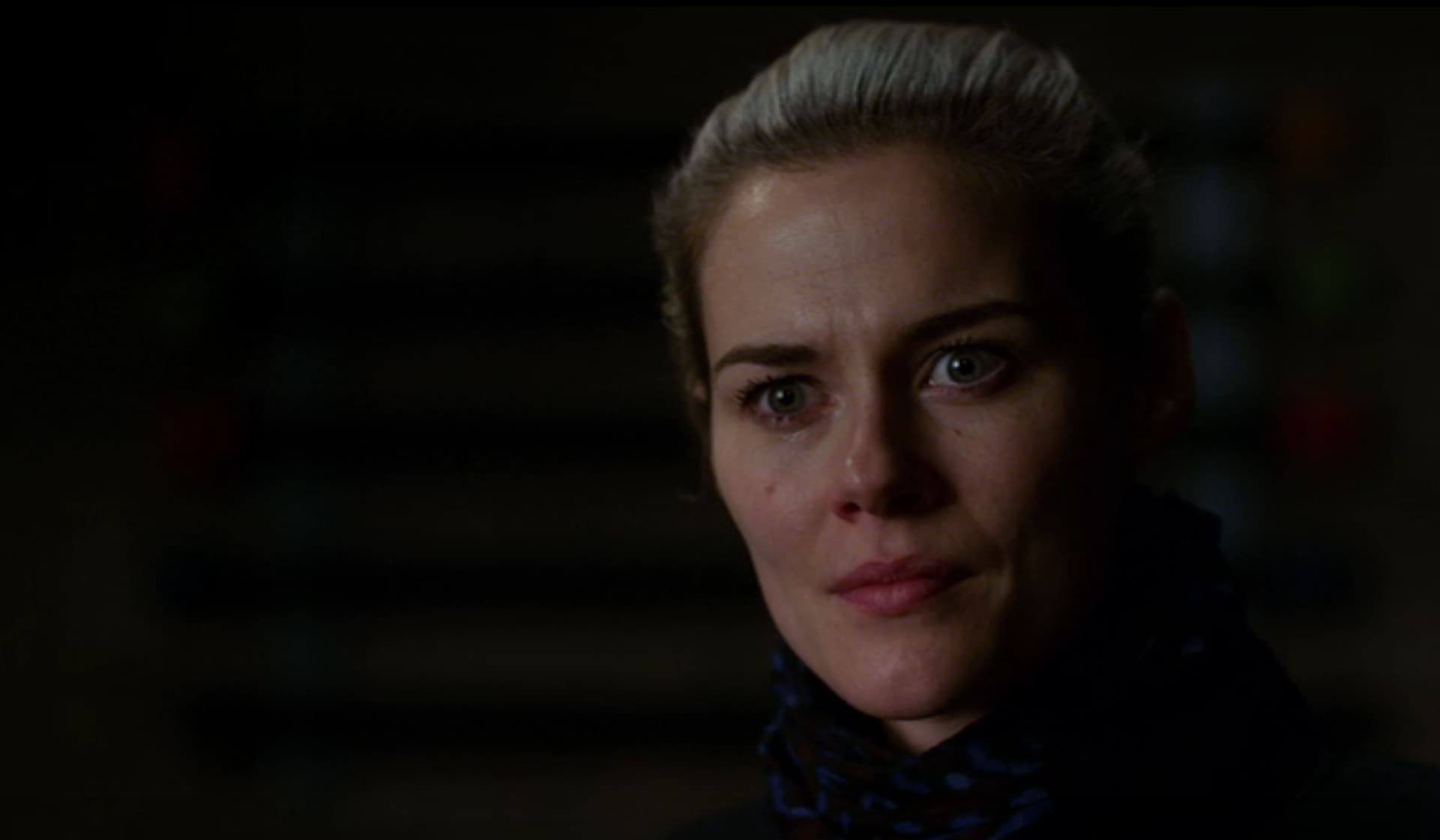
Which leads us to the murder of her mother, Dorothy Walker (Rebecca De Mornay), which had a huge impact on Jessica and Trish, even though it’s such a conflict when a parent was not a pure, good person. They said themselves that it doesn’t make it easy to bury them.
Those relationships are often very complicated and fraught with many different emotions, so it was a very interesting place to take both of those characters.
Seeing Jessica cry over Dorothy was enormously impactful.
Yeah, and the tears are about so many things. The loss of Dorothy brings her back to the loss of her own mother and her whole family, and the grief is on so many different levels.
Let’s turn to the other characters. Jeri Hogarth (Carrie-Anne Moss) did everything in her power to get everything that she ever wanted. She almost succeeded – she had her office, she had her own firm, she thought she was going to have the love of her life. Ultimately, she was also unsuccessful. How did you feel about giving her such a bleak ending after making her such a ruthless force?
Well, it’s interesting. The last thing that is said to her is basically, “You’re going to die alone.” And she takes that in for just a brief moment, then you see it kind of shift in her and she becomes Jeri again saying, “You’re the last mistake I will ever make.” She may or may not die alone, but the hell she’s going to lay down fighting, either way. She has lost and failed miserably in this season, but in the end, she’s Jeri Hogarth and she will fight like hell right up until the bitter end, and I think that’s her arc. She begins by looking at the pills and thinking that she’s going to just stand there and take what would be the easy way out, and in the end, she’s like, “%$#@ that. I’m fighting. Screw you if you’re not going to be a part of this.”
At the beginning of the season, Jeri asks Jessica to help her kill herself, but backs out of it (after Jessica mocks her for it). Suicide is such a complicated topic, especially when it comes to someone with a degenerative disease that can’t be cured. But wouldn’t there be an aspect of her own control involved in that that she would embrace?
In terms of Jeri and her option toward suicide, I absolutely agree. She is someone for whom control is everything, and wrestling with a disease that will rob her completely of control is the ultimate insult to her character. So, when we’re meeting her [at the beginning of the season], she’s just beginning to experience the symptoms and the reality of all of this is really landing on her. The idea of suicide offers her some control. She feels like she at least gets to determine how she goes out, but right off the bat, she realizes she’s not going to be able to do it. The idea that she could do it and that she would do it for herself is what has comforted her. She feels like she has control. So, she starts off in this place of discombobulation realizing, “Oh my God, I really am going to lose all control.” It’s what launches her into pursuing Kith from the very beginning, and really trying to get her legacy in order as well.
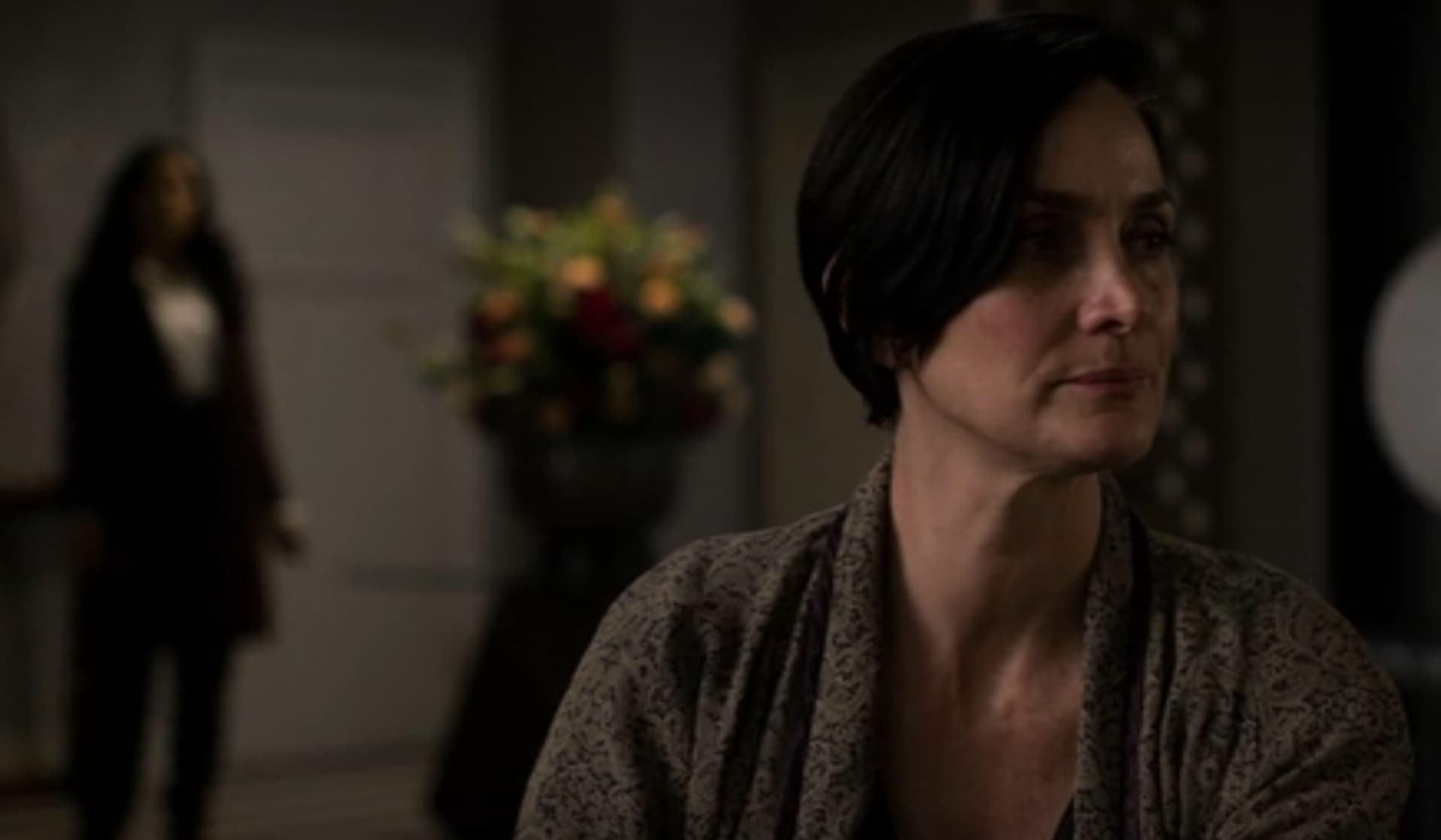
Kith Lyonne (Sarita Choudhury) was such an interesting character and I loved that she got mad at Jeri by playing instruments. That was such a cool acting decision. Was it in the script? It felt like one of those things that may not have been in the script, but either way it was brilliant because that’s her outlet.
I love that. The fact that it feels like it may have been improvised is a tribute to Sarita’s acting because it was absolutely in the script. Because she’s such a great actress, you completely and totally believe it’s born out of the character.
Malcolm Ducasse (Eka Darville) has also come an incredibly long way since the first season, even since last season, and ultimately he took over Alias Investigations when it looked like Jessica was leaving town. Do you think he continued in the dark direction he was going or do you think he turned around, now that he’s free of a boss and working for himself?
I think, in my mind, he does. He has now fought the darkest realms of his psyche and hated being there, and the last thing he hears from Zaya (Tiffany Mack), a women he really does love, is her saying that he’s not a good guy, and he hates that. It is his worst nightmare that he is not a good human being. So he’s determined to turn that around. That’s my feeling if I were to be [directing the show] in the future, and Jessica handing him the keys to Alias is, in my mind, how he gets there.
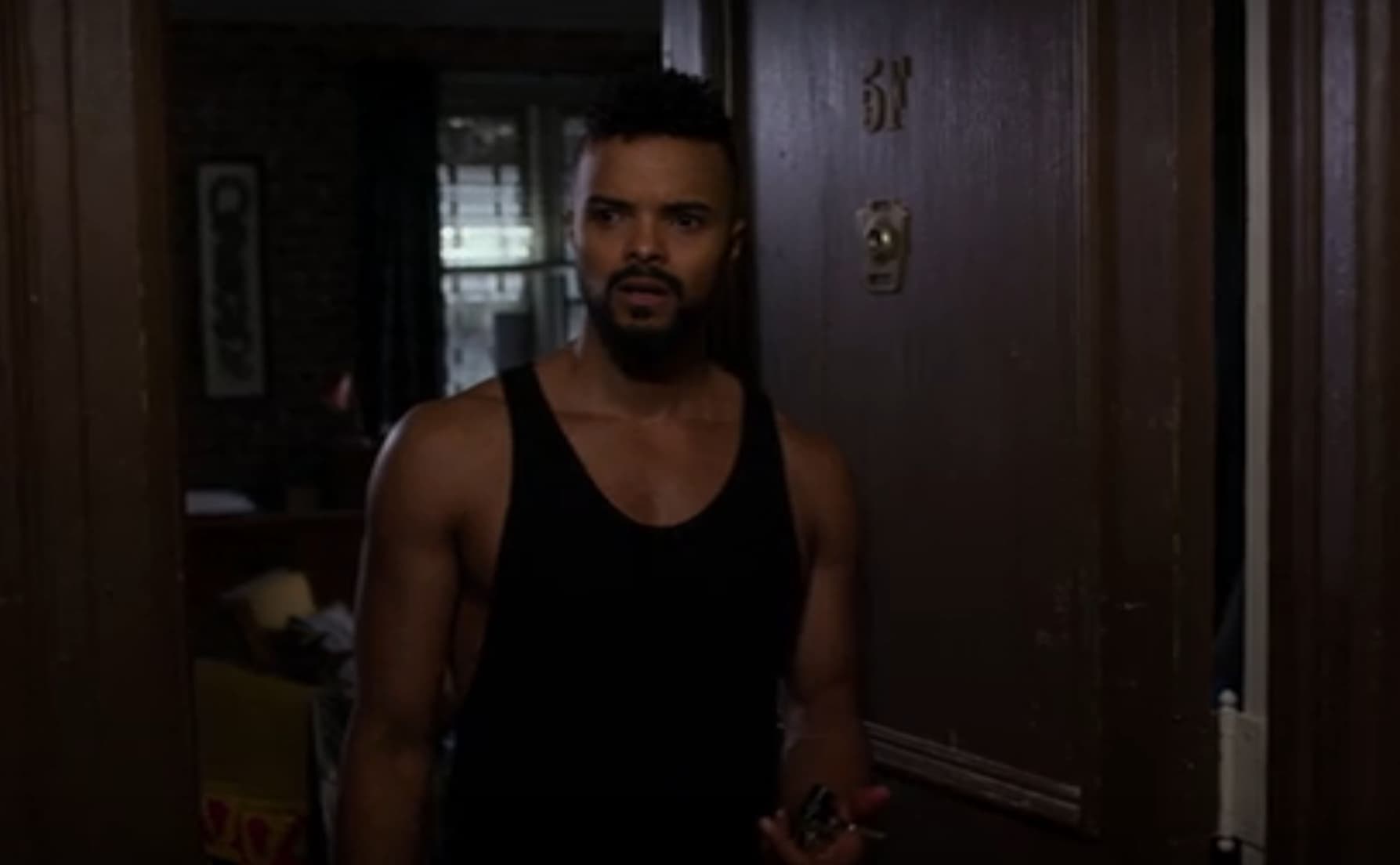
Erik’s power was able to reveal something about almost every character, especially the main characters, and it’s mentioned that a person who sets off his headaches might not be bad forever. They can change their ways. Malcolm was a social worker before we met him, so maybe that’s still inside of him and he lost it, and he wants to go back.
This has been kind of his search to reclaim who he is, and hitting the bottom of the barrel was really a rude awakening for him.
Gregory Sallinger (Jeremy Bobb) was an interesting villain this season, just because of his almost aggressive blandness.
It was one of the things we really wanted to do this season. He’s just the “every man,” and he is not powered, he is not a super person and that even with that, he was able to become quite the nemesis.
He was turning worlds upside down, ruining lives left and right with everyday, grounded actions.
Yeah, he used his knowledge of law and many other subjects, twisted them for himself.
That was something I found so interesting about Jessica was that she’s actually more by-the-book than we take her for because she knows her role, and she knows the role of the police, and she knows that if she really wants revenge on someone, the law has to do it right. And Trish was fighting that because she’s still new at this.
I think for me that is about when a super is fighting a super, the rules of man go out the window. You’re dealing with a whole new set of rules in a super world, but here she’s fighting a civilian – an evil one, sure, but a civilian – and you can’t come at that the same way. You can’t just punch them in the face and tie them up in a web and dangle them in front of the police office. Our world is a very grounded world. There are the laws of man, and in this case because she is dealing with a regular human, she has to obey that to some degree – and when she doesn’t, he wins. Each time she tries to go around it, he wins.
Ultimately, when Trish does kill him, that’s the ultimate line crossed. That’s what you don’t do. You don’t kill someone who doesn’t have the power to kill you. This is where you’ve just stepped over the line and become the thing that you are trying to fight.
Do you think there’s room for redemption for Trish? Do you think she’ll always get it wrong because she sees things in black and white like you said?
I think there’s potential redemption for her. I mean, at her core she’s a good human being. I don’t know if I’d call it redemption, but the moment when she’s sitting in the interrogation room with Detective Costa (John Ventimiglia) at the end and he’s listing all of the different crimes that she’s committed, and we’re slowly pushing in on her face… What we really get from Trish – because Rachael is such a great actress and she’s able to play it – is that this is her worst nightmare coming through. She’s the bad guy, and this is such a horrible moment for her. So, she’s going off to prison and in my mind, she going off to prison really accepting that that’s where she should be. I think that just by processing, just by admitting that she is a bad guy to begin with, that’s step one.
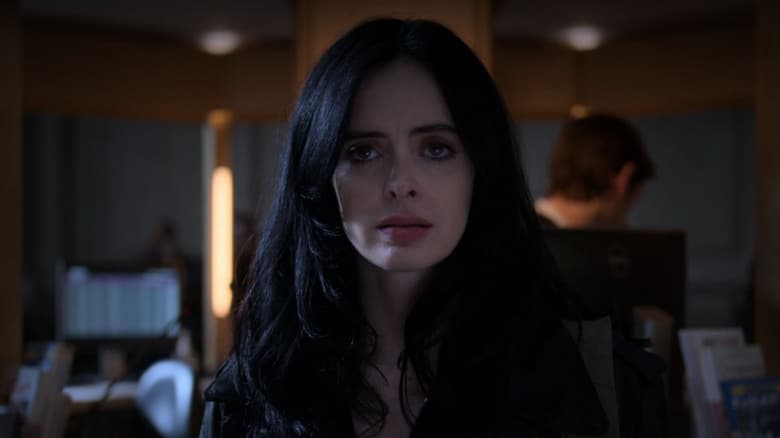
On the subject of acting, Krysten Ritter also brings something so special to Jessica Jones. She’s nothing like Jessica.
She’s not. She’s just bubbly, optimistic, funny, wry person.
That last scene of Jessica at the end almost felt like there was a bit of Krysten emerging, kind of giving Jessica the push like, “You can do this” and “You can be this.” Do you think Jessica has finally found a little bit of peace this season?
I think so. It’s come at a great cost. It’s come at an enormous cost, but in the end, she leaves that train station having a much better sense of who she is and what she has to contribute to the world and a bigger commitment to do that. And that was what she set out from the beginning of the season, really in fact at the beginning of the series, from the survivor skills and having these powers given to her at the expense of her family. So when you get to the end, she’s like, “Okay, actually I think, maybe, I can do this. Kilgrave is wrong. I am not going to listen to these dark voices in my mind. I am going to embrace what I’ve managed to do.”
Are you satisfied with the way this series got to close?
I really am. This feels right to me. I feel like we’ve gotten to the end of these three seasons and really told a complete arc, taken these characters on a complete journey that ended in each of their cases in different places, but really answered their storylines. So both Ritter and I walked away from it feeling like, “Yeah, I feel great.” We feel like we’ve told the story of Jessica Jones in our way, our version of her.
All three seasons of Marvel’s Jessica Jones are available to stream on Netflix.
The Daily Bugle
Can’t-miss news and updates from across the Marvel Universe!
